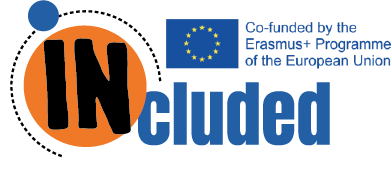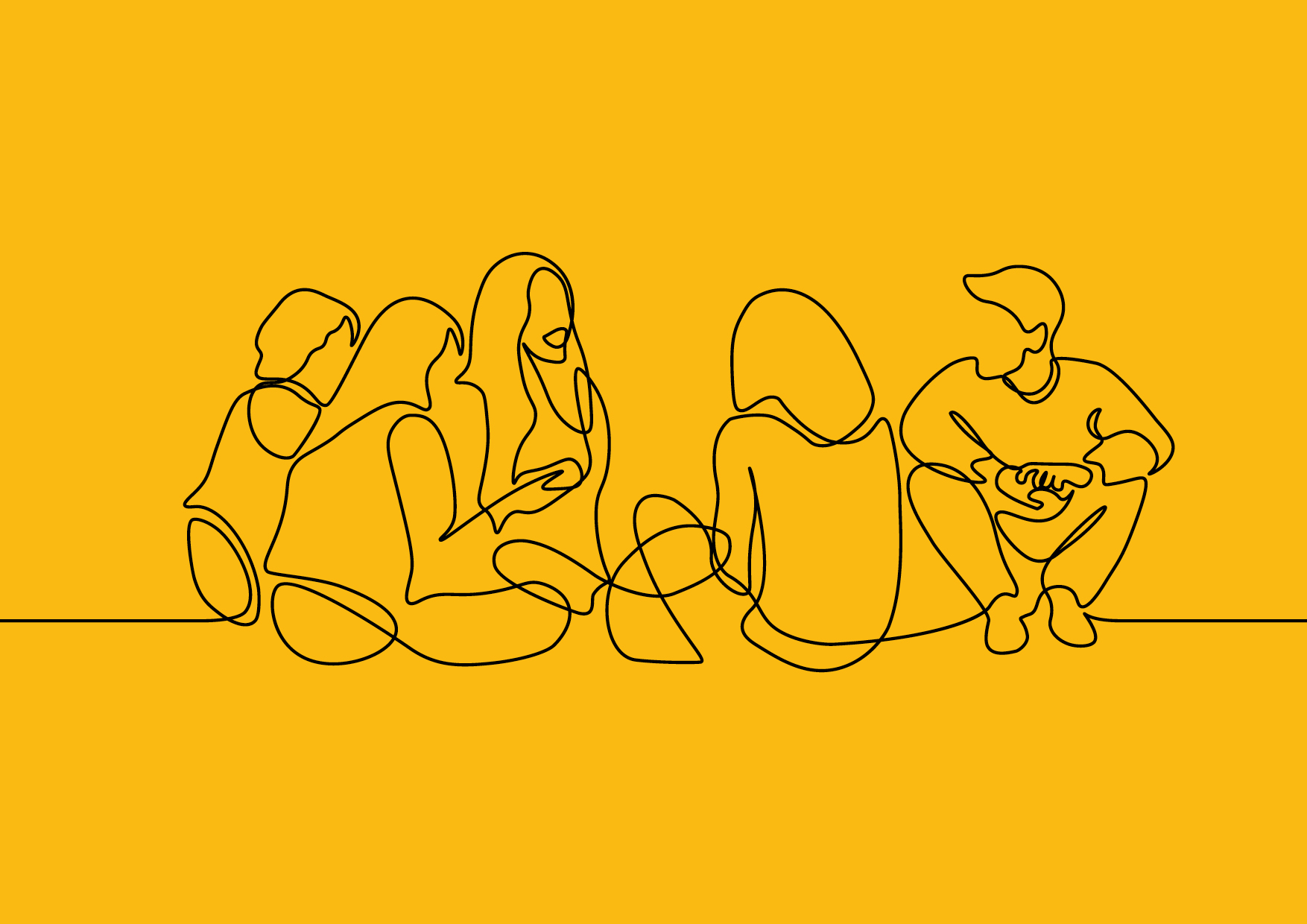The Erasmus+ funded project INCLUDED aims to design and pilot an inclusive sexual education curriculum for secondary school students, complemented by methodologies to train and actively engage in the sexual education process of the whole school community and families, using creative and drama-based methods.
As UNESCO states, sexual education has the most impact when school-based programmes are complemented with the involvement of parents and teachers, training institutes, and youth-friendly services. This is even more true in the case of young persons with intellectual and cognitive diversities, which are significantly less likely to receive sex education compared to peers.
In the definition of “Sexual health” given by the World Health Organization, it is stated that the sexual rights of all persons must be respected, protected, and fulfilled. Individuals with intellectual and cognitive diversities are no different in this respect and express the need and desire to form relationships, engage in sexual contact, and acquire sexual knowledge.
The results of the project are linked to the following outcomes:
- A curricular training programme for students;
- An e-course for teachers about teaching inclusive sex-ed through with creative methods;
- A guide for schools on how to include the family in inclusive sex-ed;
- Policy guidelines and detailed roadmap based on the experience in each partner country of how to implement a creative whole-school approach to holistic and positive sex-ed.
There are several elements of innovation in the INCLUDED project. First of all, it intends to adopt a learning approach that fosters inclusion, exchange, and mutual understanding between students with intellectual and cognitive diversities and their peers. Additionally, it applies creative and drama-based methods and stimulates the contribution and shared responsibilities of school staff, families, community members to reach the expected results effectively.
On the 27th and 28th of July, the online kick-off meeting officially launched the project. The meeting allowed partners to get to know each other, learn more about the respective national contexts, and agree on the upcoming tasks. The partnership focused on the first output: the inclusive sex-ed curricular training programme for students, and the related creation of the learning path and activities. For that reason, at the beginning of February, the Included consortium completed the online LTTA (Learning Teaching Training Activities), an opportunity to test the training contents and collect feedback on the creative and theatrical activities that will be implemented for the students.
Next steps
During March, Included partners will pilot the training programme: 6 hours of class will be delivered in each national context, to the students of the secondary schools. A cognitive framework will then be developed starting from the results and the feedback of the pilot.
The consortium will also start working on the second output of the project, the e-course for teachers, by creating dedicated guidelines to structure the tasks among the partners.
Download the newsletters in:
March 2022

